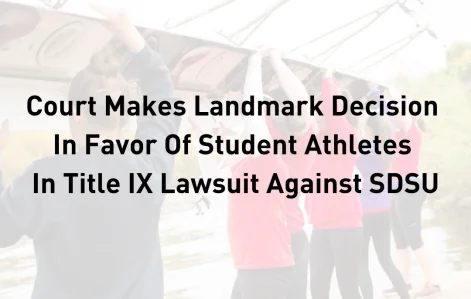On September 15, 2021, the United States Court of Appeals for the Ninth Circuit lifted an injunction that had prevented enforcement of two California statutes: Labor Code section 432.6 and Government Code section 12953. The Labor Code statute prevents employers from requiring their employees, as a condition of employment, to give up their right to sue in court for violations of the Fair Employment and Housing Act (“FEHA”) or the Labor Code. The Government Code section makes it an “unlawful employment practice” for purposes of the FEHA if an employer violates the Labor Code section.
Although the statutes are broadly written to protect the workers’ access to the courts, one common application would be in the context of forced arbitration agreements. Such agreements have become a fixture of the modern workplace, and employers frequently require employees, as a condition of employment, to waive their right to a court trial in the event of a legal dispute with the employer. Labor Code section 432.6 and Government Code section 12953 work together to protect a worker’s right to say “no” when an employer asks the employee to waive their right to a court trial as part of a forced arbitration agreement, at least for claims under the FEHA or the California Labor Code. If an employer discharges or refuses to hire a worker who properly exercise his or her right to say “no,” the anti-retaliation provision of the FEHA create an independent basis for a lawsuit against the employer. This gives the new statutes some “teeth” by empowering workers not only to assert their rights, but to hold companies accountable when those rights are denied.
Together, the FEHA and the Labor Code contain the majority of protections available to California workers. For example, the FEHA contains the principle anti-discrimination, anti-harassment, and anti-retaliation laws that protect California workers’ right to equal opportunity in the workplace. The Labor Code protects the rights to a minimum wage, and to overtime for many workers in California. Now, California workers have a right to say “no” when their employers want to force employees to give up their rights to have those claims heard in court.
Businesses may yet appeal this issue to the United States Supreme Court, which would then have the final say on whether to invalidate these statutes as a matter of federal law. For now, California workers are free to protect their access to the courts. Workers should say “no” if current or prospective employers try to make them sign forced arbitration agreements, and they should contact an experienced labor and employment attorney if they experience any discrimination or retaliation for asserting their rights.





